Teach commonly used verbs with this set of printable flashcards.
Unlocking Everyday Vocabulary: Commonly Used Verbs
This set of flashcards has been created by a teacher to help students increase their understanding of verbs, in particular, everyday verbs to provide a solid foundation for language development and practical communication skills. Verbs are considered essential to language as they describe actions, process, and states of being. For children, this helps them to express their needs, thoughts and feelings clearly.
How to Use this Flashcards in the Classroom
Print and cut a class set of vibrant flashcards featuring various verbs. Use them to create an interactive and engaging classroom experience.
Here are some suggestions:
- Show one card at a time and ask students to call out the verb and act it out.
- Select a flashcards and challenge students to use the verb in a sentence – they can write it down and draw a picture to match.
- Place the words around the classroom and go on a verb hunt.
- Select a ‘verb of the day’ and get the students to use that word in sentences as much as they can.
List of Everyday Verbs
The verbs included in these flashcards are:
- wash, talk, sit, walk, pull, pick, follow, drink, ask, run, jump, brush, pack, wave, build, colour, climb, cut, eat, give, look, paint, sing, push, play, turn, catch, stand, sleep, close, draw, fold, open, go, point, read, work, kick, write, throw, smile, smell.
This collection of verbs covers everyday actions and interactions, making it a practical tool for daily language use.
Download and Use Today!
Use the dropdown menu to choose between the editable Google Slide version or the easy to print PDF version.
More Verb Resources
Looking for more verb resources to use in the classroom? We have you covered…
[resource:5318] [resource:839954] [resource:2949354]
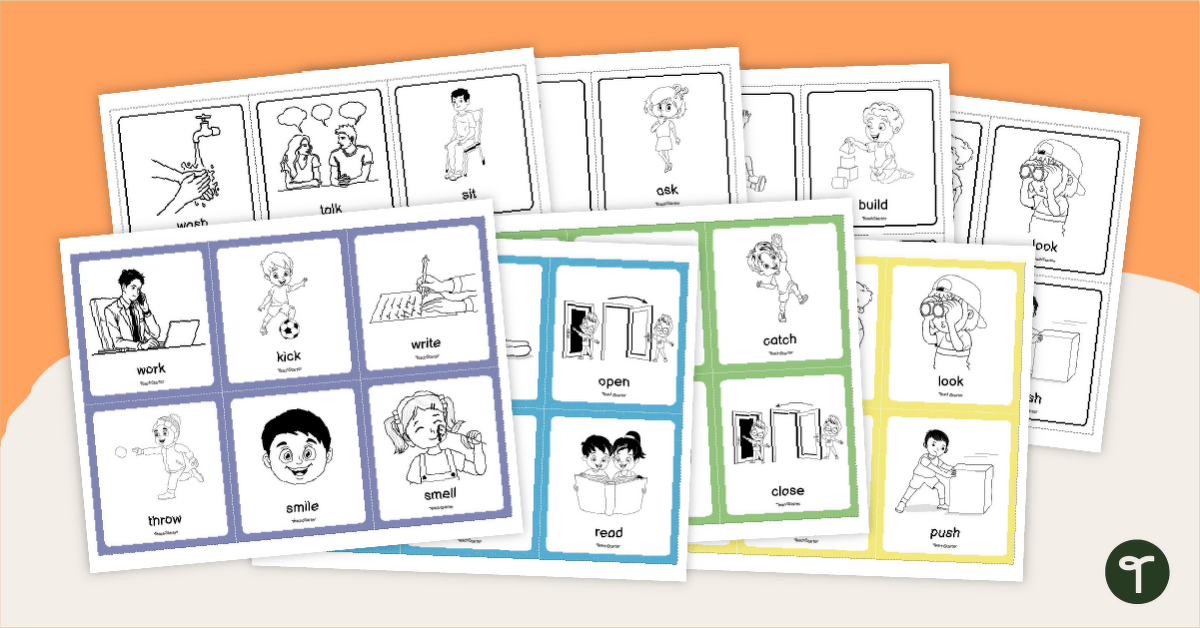

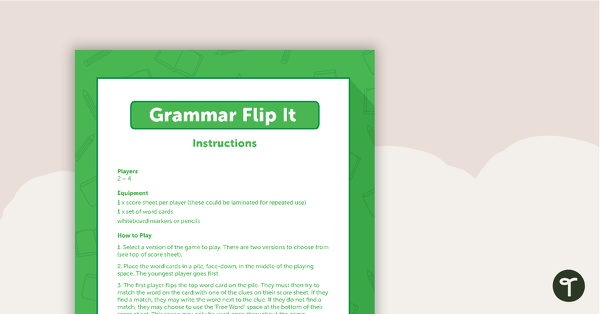
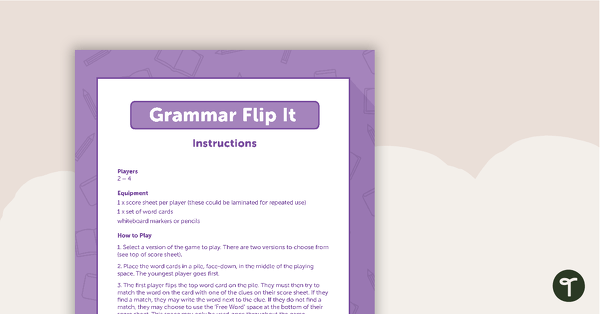

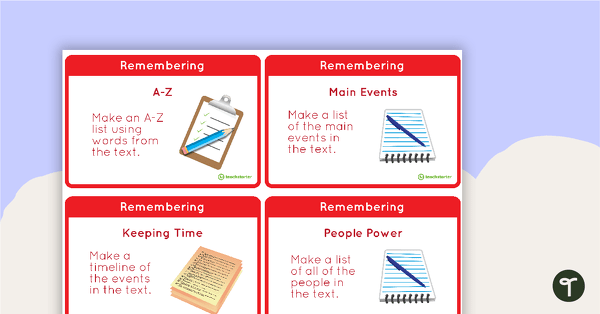
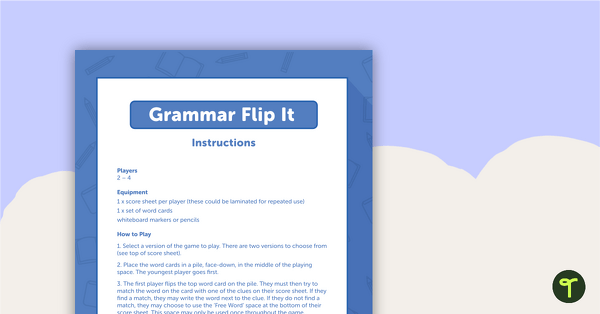
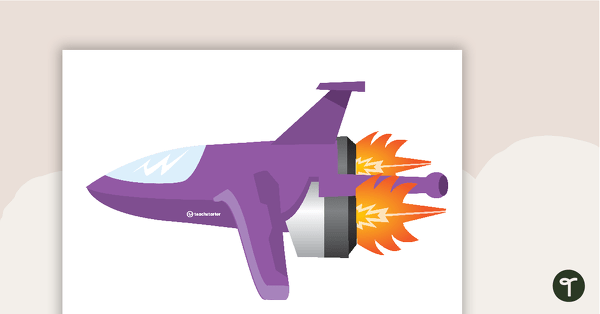

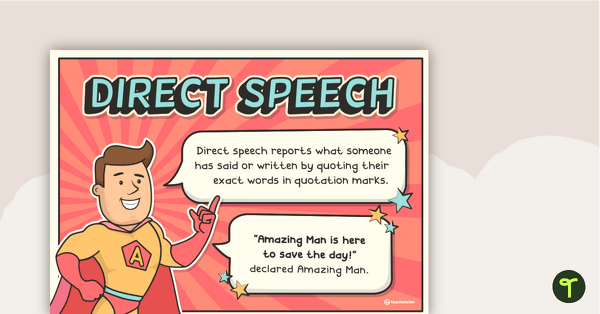
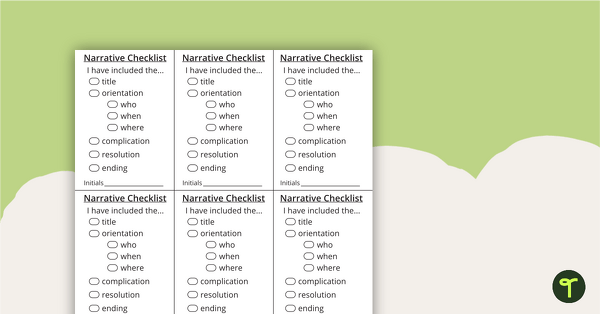
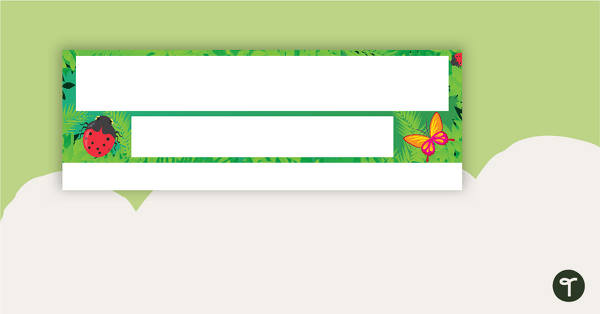
0 Comments
Write a review to help other teachers and parents like yourself. If you'd like to request a change to this resource, or report an error, select the corresponding tab above.